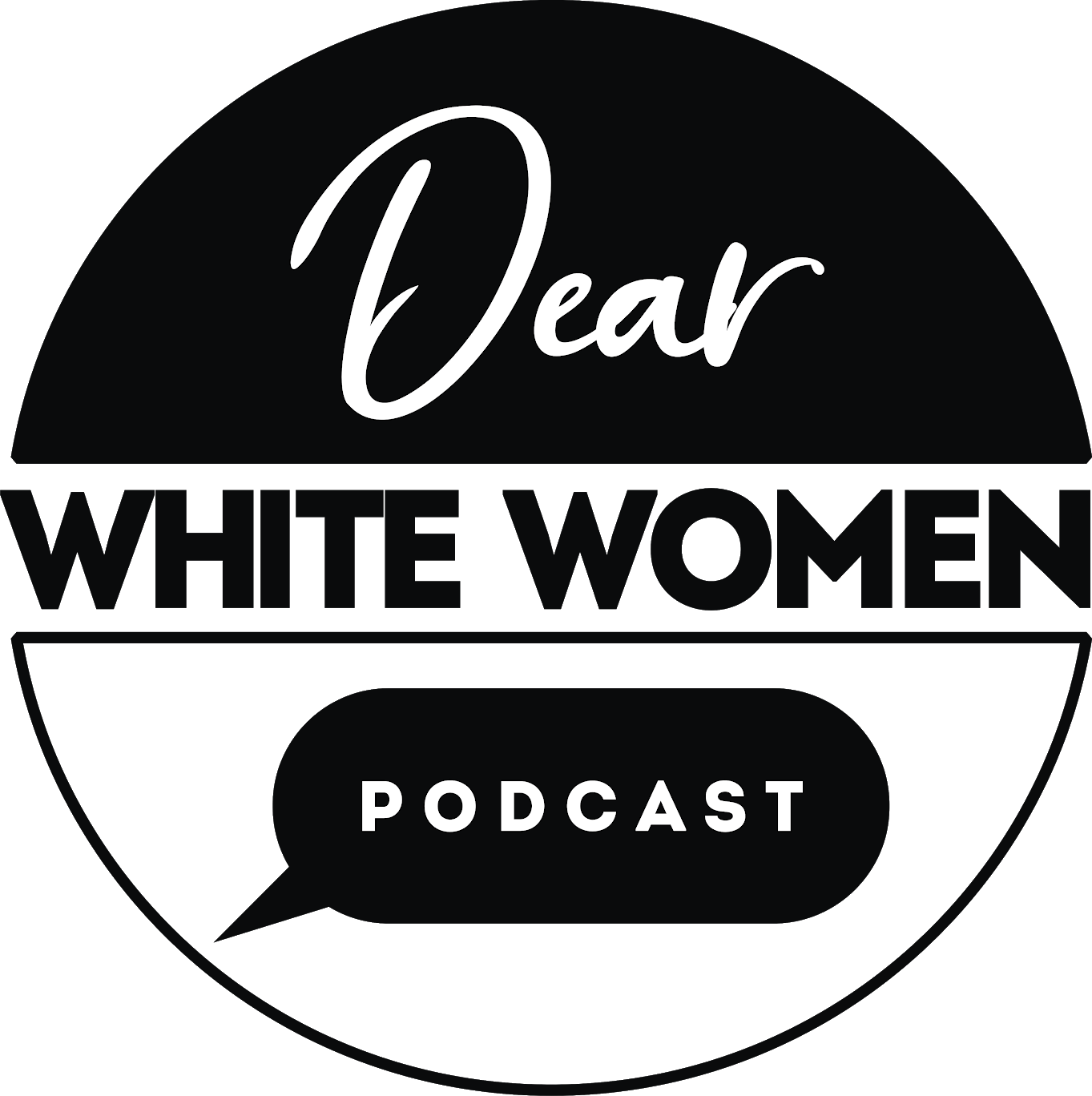We had a different episode planned for this week, but in light of the fight that is going down in the Senate right now, we needed to re-release this episode on the filibuster, with a special introduction as to why we should all care about the Freedom to Vote Act and The John Lewis Voting Rights Advancement Act, and encourage you to call your Senators to act on the filibuster.*
* If you’re part of the Trump-backed forces of authoritarianism, you probably don’t care. But if you truly want America to be a democracy in its current state (and if you love parts of the Constitution, you should probably be all about this too) - you should be really loudly vocally supporting both bills.
The problem with bills like these though is that, much like a theory like CRT, people make judgments about what they THINK are in those bills rather than actually sitting down and reading them. And, as a great email from Heather Cox Richardson pointed out, “It’s worth reading what’s actually in the bills because, to my mind, it is bananas that they are in any way controversial.” We break this down, and then tell you all about the filibuster, so that you’re empowered to use your voice to protect democracy.
Read More











